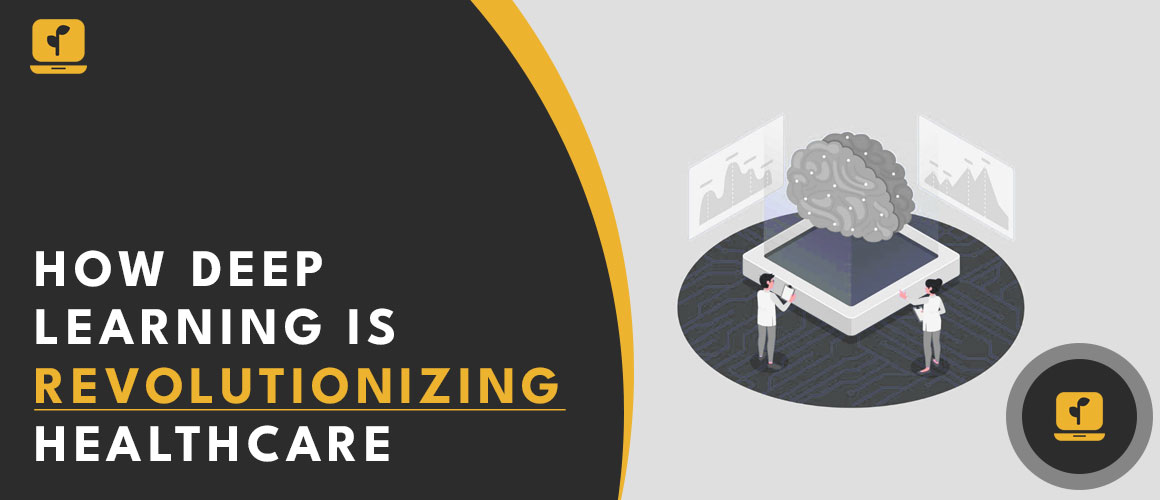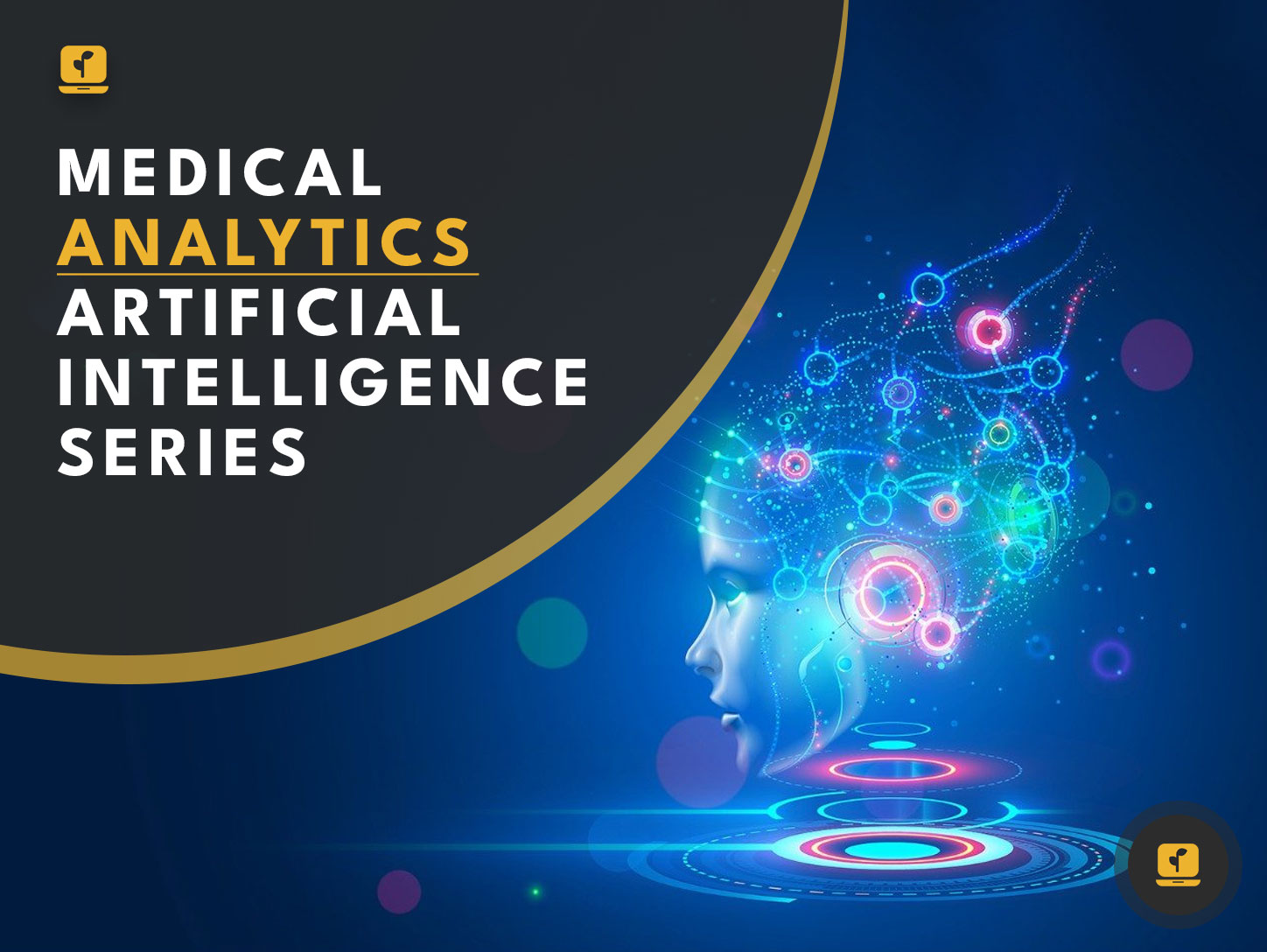Artificial intelligence (AI) has been making waves in many industries, and healthcare is no exception. With the advancements in machine learning, AI has opened up a world of possibilities in healthcare that were once thought to be impossible. The use of AI in healthcare has led to improved diagnosis, treatment, and overall patient care.
Table of Contents
In this article, we will discuss the benefits of using AI in healthcare, the applications of AI in medical imaging, diagnosis, and treatment, the significance of deep learning in healthcare, and the potential dangers of AI in healthcare.
Advancements in Machine Learning and its Impact on Healthcare
Machine learning is a subset of AI that focuses on the development of algorithms that allow machines to learn from data. With the exponential growth of data in healthcare, machine learning has become an essential tool in analyzing large datasets and making predictions. Machine learning algorithms can analyze patient data, such as medical records, lab results, and imaging, to detect patterns and make predictions about patient outcomes.
Machine learning is being used in healthcare for a variety of applications, including disease diagnosis, drug discovery, and precision medicine. Machine learning algorithms can analyze large datasets of patient information to identify patterns that may be indicators of disease. This can lead to earlier diagnosis and treatment, which can improve patient outcomes.
Benefits of Using AI in Healthcare
The use of AI in healthcare has many benefits. AI can analyze large amounts of data quickly and accurately, leading to improved diagnosis and treatment. AI can also help healthcare providers make more informed decisions by providing them with more information about a patient’s condition.
Applications of AI in Healthcare – Medical Imaging, Diagnosis, and Treatment
AI is being used in healthcare for a variety of applications, including medical imaging, diagnosis, and treatment. In medical imaging, AI can analyze images to identify abnormalities that may be indicative of disease. This can lead to earlier diagnosis and treatment, which can improve patient outcomes.
AI is also being used for disease diagnosis. Machine learning algorithms can analyze patient data to identify patterns that may be indicators of disease. This can lead to earlier diagnosis and treatment, which can improve patient outcomes.
In treatment, AI is being used to develop personalized treatment plans. AI can analyze patient data to identify the best treatment options for individual patients. This can lead to more effective treatment and better patient outcomes.
Deep Learning and its Significance in Healthcare
Deep learning is a subset of machine learning that focuses on developing neural networks that can learn and make predictions. Deep learning algorithms can analyze large amounts of patient data to identify patterns and make predictions about patient outcomes.
Deep learning is being used in healthcare for a variety of applications, including medical imaging, diagnosis, and treatment. In medical imaging, deep learning algorithms can analyze images to identify abnormalities that may be indicative of disease. This can lead to earlier diagnosis and treatment, which can improve patient outcomes.
Deep learning is also being used for disease diagnosis. Deep learning algorithms can analyze patient data to identify patterns that may be indicators of disease. This can lead to earlier diagnosis and treatment, which can improve patient outcomes.
Case Studies Highlighting the Success of AI in Healthcare
There have been many successful case studies of AI in healthcare. One example is the use of AI in medical imaging. AI algorithms can analyze medical images, such as X-rays and CT scans, to identify abnormalities that may be indicative of disease. This can lead to earlier diagnosis and treatment, which can improve patient outcomes.
Another example is the use of AI for disease diagnosis. AI algorithms can analyze large amounts of patient data to identify patterns that may be indicative of disease. This can lead to earlier diagnosis and treatment, which can improve patient outcomes.
Potential Dangers of AI in Healthcare
While there are many benefits to using AI in healthcare, there are also potential dangers. One of the main concerns is the potential for biased algorithms. If the data used to train the AI algorithms is biased, the algorithms may also be biased. This could lead to incorrect diagnoses and treatments.
Another concern is the potential for AI to replace healthcare providers. While AI can provide recommendations, it cannot replace the expertise of healthcare providers. Healthcare providers should still be involved in the decision-making process to ensure that patients receive the best possible care.
The Future of AI in Healthcare
The future of AI in healthcare is promising. AI has the potential to revolutionize medicine by improving diagnosis, treatment, and patient outcomes. As more data becomes available, AI algorithms will become even more accurate and effective.
One area where AI is expected to have a significant impact is in medical analytics. Medical analytics AI series can analyze large amounts of patient data to identify patterns and make predictions about patient outcomes. This can lead to earlier diagnosis and treatment, which can improve patient outcomes.
Medical Analytics AI Series – An Overview
Medical analytics AI series is an area of AI that focuses on the analysis of large amounts of medical data. Medical analytics AI series can analyze patient data, such as medical records, lab results, and imaging, to detect patterns and make predictions about patient outcomes.
Medical analytics AI series is being used in healthcare for a variety of applications, including disease diagnosis, drug discovery, and precision medicine. Medical analytics AI series can analyze large datasets of patient information to identify patterns that may be indicators of disease. This can lead to earlier diagnosis and treatment, which can improve patient outcomes.
Conclusion – The Healthcare Revolution Powered by AI
AI has the potential to revolutionize healthcare by improving diagnosis, treatment, and patient outcomes. While there are potential dangers to using AI in healthcare, the benefits far outweigh the risks. As more data becomes available, AI algorithms will become even more accurate and effective.
The use of AI in healthcare is expected to continue to grow in the coming years, with medical analytics AI series leading the way. Healthcare providers should embrace the use of AI in healthcare to provide the best possible care to their patients.











